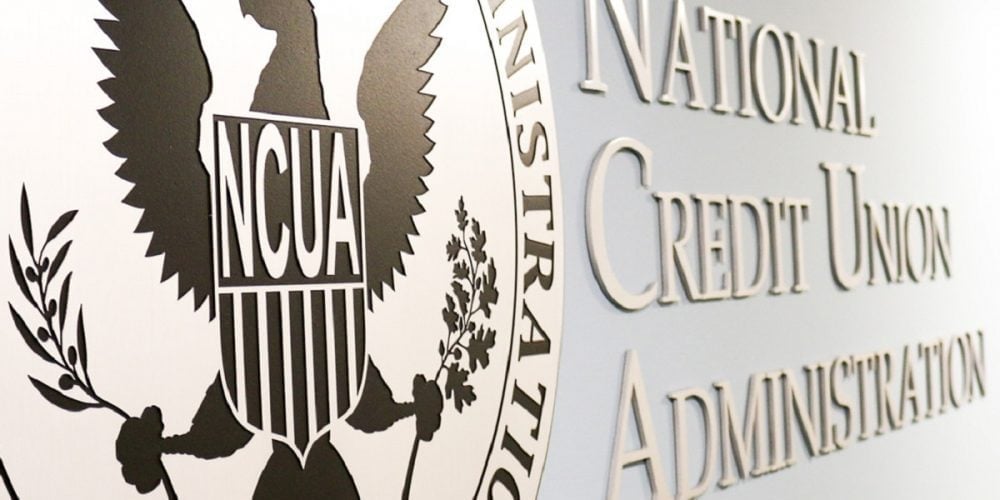 by: George Hofheimer, chief research + innovation officer, Filene Research Institute
by: George Hofheimer, chief research + innovation officer, Filene Research Institute
Filene takes credit union leadership seriously, and our latest report builds on years of analyzing not just the organizational performance of credit unions, but the human factors that make credit unions tick. From a 2005 inquiry linking team dynamics to financial performance, to a 2010 study that showed how best to move good ideas through an organization, to a 2009 brief that explored the motivators of under-30 credit union employees, Filene recognizes that examining the human side of credit unions is essential.
Employee performance expert Mike Neill recently helped us extend our research with insights into an often-overlooked human resource in credit union – middle managers. We wondered “what are the common characteristics of high performing middle managers”.
The 94 anonymous participants in Neill’s survey were nominated for consistently performing in the top 20% of managers, receiving the highest possible performance evaluation, and earning the highest possible bonus if one was offered. Using statistically valid data that show what is typical for North American professionals, Neill’s research helps identify what separates the high-performers from the “average” employee. Summary and Comment
First, here are some of the most interesting traits in which superior middle managers score higher than the average employee:
- Learning. Because highly effective middle managers must learn quickly and be adept at problem solving, 87% fall at or above average in the Learning Index. This is the most pronounced deviation this study uncovered.
- Energy. The “tendency to display endurance and capacity for a fast pace” is a key characteristic, with 86% scoring above average.
- Decisiveness. Using the available information to make decisions quickly is critical, with 80% of respondents above average.
- Verbal skill. Among good middle managers, 69% are above average in verbal skills, making them better able to communicate effectively with members, subordinates, peers, and executives.
Just as important for understanding what makes good managers tick is where this group underscores the averages. Being lower than average is not negative; it simply highlights traits where good middle managers are atypical:
- Objective judgment. Interestingly, great middle managers are far less likely than average employees to rely solely on data in decision making. The fact that 79% fall at or below the average indicates a strong reliance on intuition rather than bald facts.
- Manageability. Highly effective managers want their own leaders to define outcomes and then let them complete those goals with relatively free rein—72% score below average in manageability.
- Accommodating. Good middle managers are significantly less accommodating than the norm. With 73% scoring below aver- age, good middle managers know when they shouldn’t go with the flow.
Understanding these factors and how they play into effective credit union management will allow you to hire and promote more effectively, strengthening the connection your members and employees, and ultimately be a more effective organization. “At the end of the day, you bet on people, not strategies.” That, according to Larry Bossidy, the longtime CEO of Allied Signal (later Honeywell), is what drives a company and creates a culture.
For more information: http://filene.org/publications/detail/Effective_Managers
As the Chief Research + Innovation Officer of the Filene Research Institute, George Hofheimer is responsible for arming credit unions with the practical, yet creative ideas they need to compete on their members' behalf. To do this, he manages an extensive pipeline of research projects and innovation programs, including the prestigious i3 group. Prior to joining Filene, George spent 8 years leading the executive education function for the Credit Union Executives Society (CUES). www.filene.org






